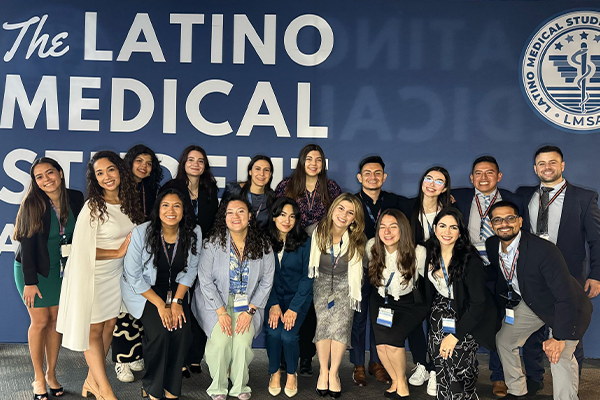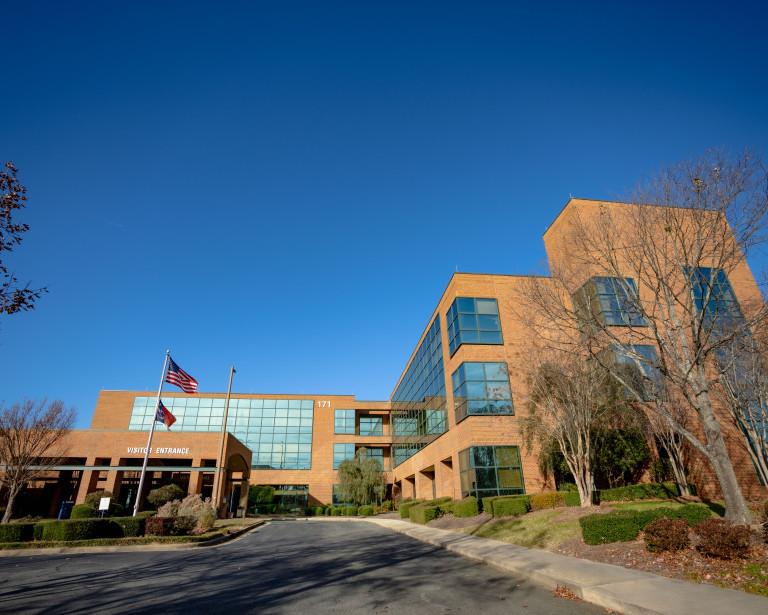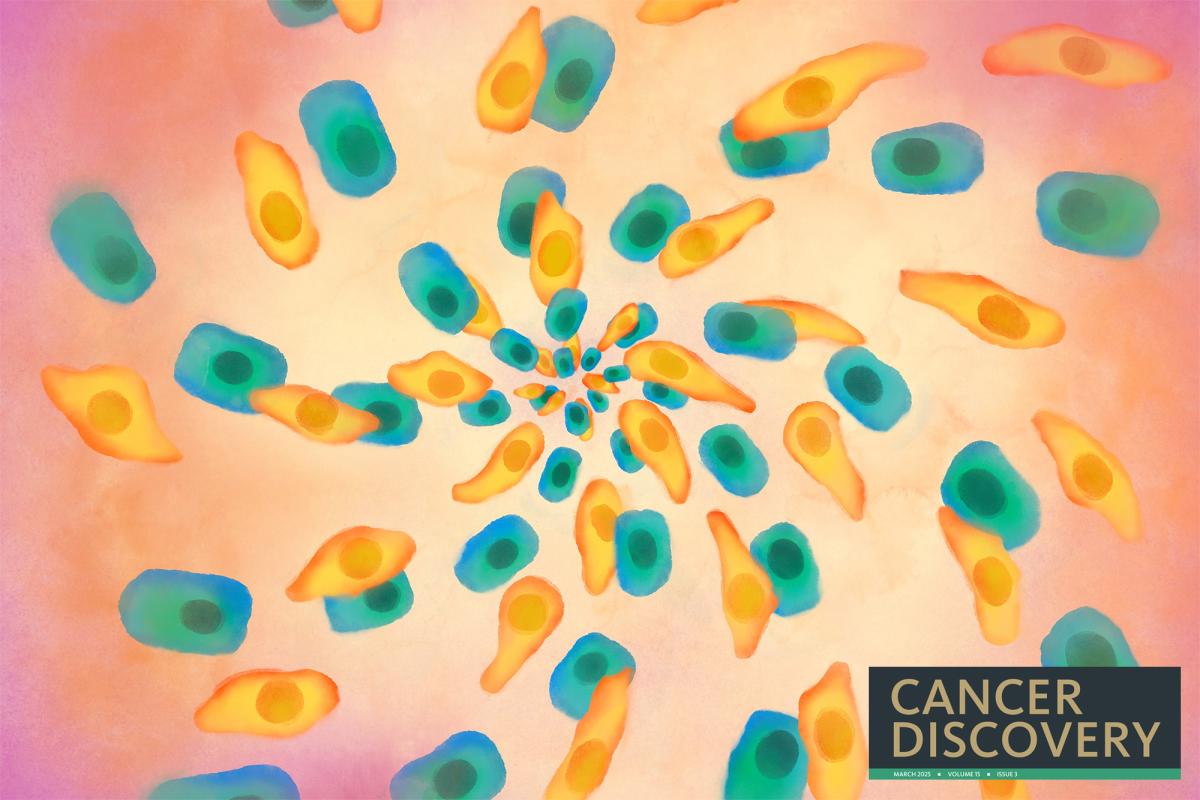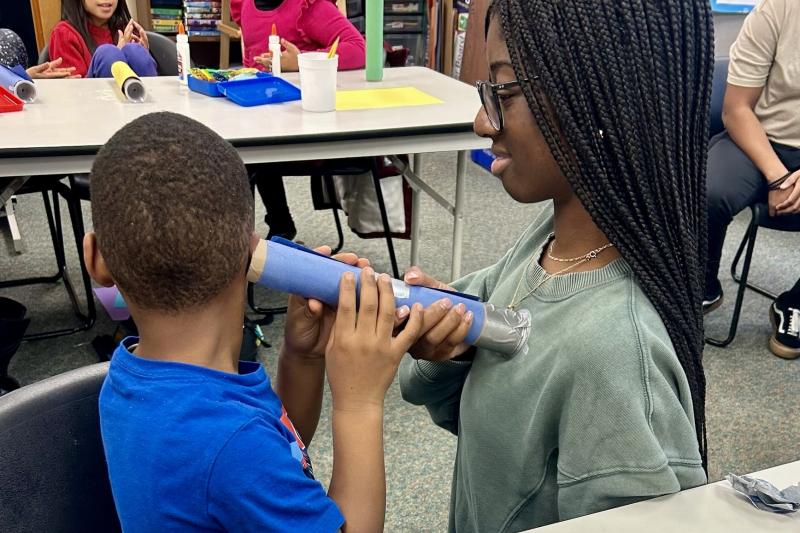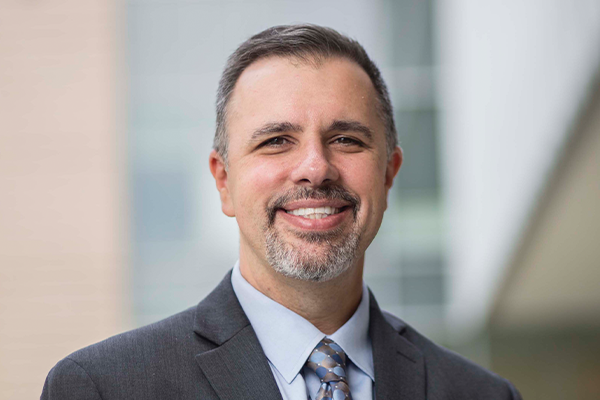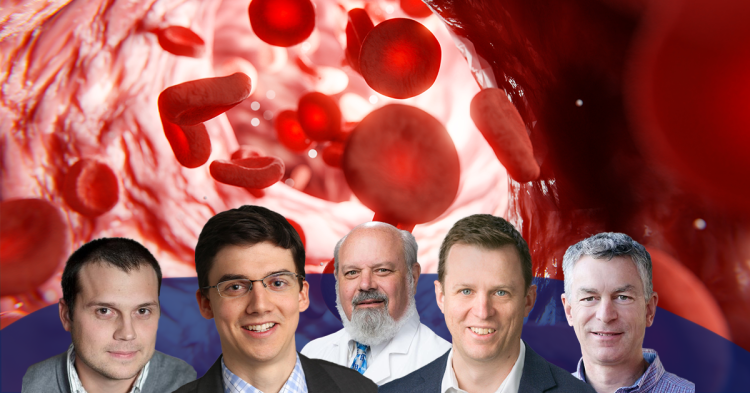The Fungal Fallout of Climate Disasters
When Hurricane Helene hit Western North Carolina, it left more than flood damage—it created fertile ground for mold and fungus to growth. Now, a Duke University team is studying how post-disaster fungi could affect health and recovery in a warming world.
Transforming Cancer Care: Duke Health to Implement Electronic Symptom Self-Monitoring for Patients with Cancer
Duke University Health System (DUHS) has been awarded funding from the Patient-Centered Outcomes Research Institute (PCORI) to implement electronic monitoring of patients’ self-reported symptoms during cancer treatment — potentially transforming cancer care at Duke.
Gene Therapy Developed at Duke to be Commercialized by Local Biotech Company
Duke University has signed an exclusive license with GeneVentiv Therapeutics, a Raleigh-based gene therapy company, to commercialize a gene therapy developed in the lab of Dwight Koeberl, MD, PhD, professor of Pediatrics in the Duke University School of Medicine.
Latino Medical Student Association Gathers at Duke for Regional Conference
For the first time in more than two decades, Duke University School of Medicine hosted the annual Latino Medical Student Association (LMSA) Southeast Regional Conference.
Measles Surge Reflects Mistrust of Public Health Guidance
As cases of measles continue to spread in the U.S., a Duke Global Health Institute expert says public health officials need to find better ways to talk about the importance of vaccines.
Duke Health Completes Acquisition of Lake Norman Regional Medical Center
Duke's acquisition of the 123-bed, acute-care facility in Mooresville, North Carolina, represents a significant expansion of clinical services outside the greater Triangle area. The hospital has been renamed Duke Health Lake Norman Hospital.
Shutting Down a ‘Dark Kinase’ May Defeat Treatment-Resistant Cancers
A multi-faceted study from Duke University School of Medicine researchers shows for the first time that blocking an under-studied enzyme called PKN2 may be the key to stopping aggressive, treatment-resistant cancers.
Community Partnership Helps Students Learn About Health Careers
A program managed by Duke medical students helps high school and elementary school students learn about careers in science, technology, and medicine.
Matthew Barber Named President of DHIP
After a national search, Matthew D. Barber, MD, MHS, has been appointed to serve as president of the Duke Health Integrated Practice (DHIP) and vice dean for Clinical Affairs in the Duke University School of Medicine.
Breath of Life: Duke Inventors Secure $5M for Novel Oxygenation Startup
Duke University start-up company VQ Biomedical is developing a minimally-invasive catheter-based oxygenator for patients whose heart or lungs are failing.



